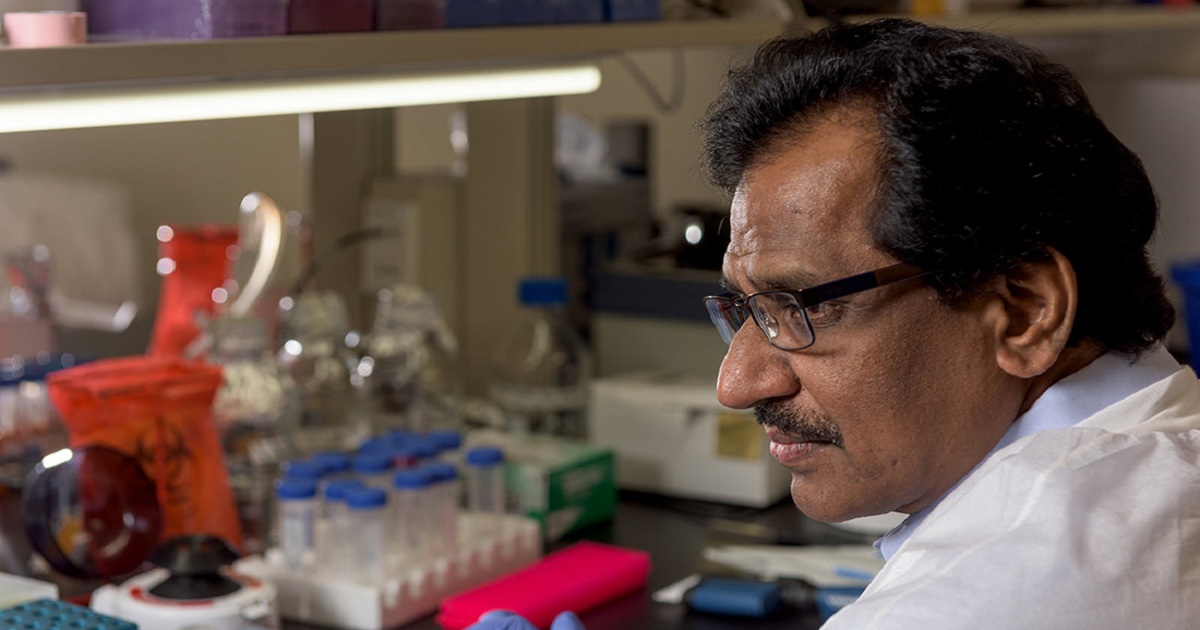Stem cell-derived neurons stop seizures and improve cognitive function
Medical Xpress | December 20, 2018

About 3.4 million Americans, or 1.2 percent of the population, have active epilepsy. Although the majority respond to medication, between 20 and 40 percent of patients with epilepsy continue to have seizures even after trying multiple anti-seizure drugs. Even when the drugs do work, people may develop cognitive and memory problems and depression, likely from the combination of the underlying seizure disorder and the drugs to treat it.
A team led by Ashok K. Shetty, Ph.D., a professor in the Department of Molecular and Cellular Medicine at the Texas A&M College of Medicine, associate director of the Institute for Regenerative Medicine and a research career scientist at the Olin E. Teague Veterans' Medical Center, part of the Central Texas Veterans Health Care System, is working on a better and permanent treatment for epilepsy. Their results published this week in the Proceedings of the National Academy of Sciences (PNAS). Seizures are caused when the excitatory neurons in the brain fire too much and inhibitory neurons—the ones that tell the excitatory neurons to stop firing—aren't as abundant or aren't operating at their optimal level. The main inhibitory neurotransmitter in the brain is called GABA, short for gamma-Aminobutyric acid.